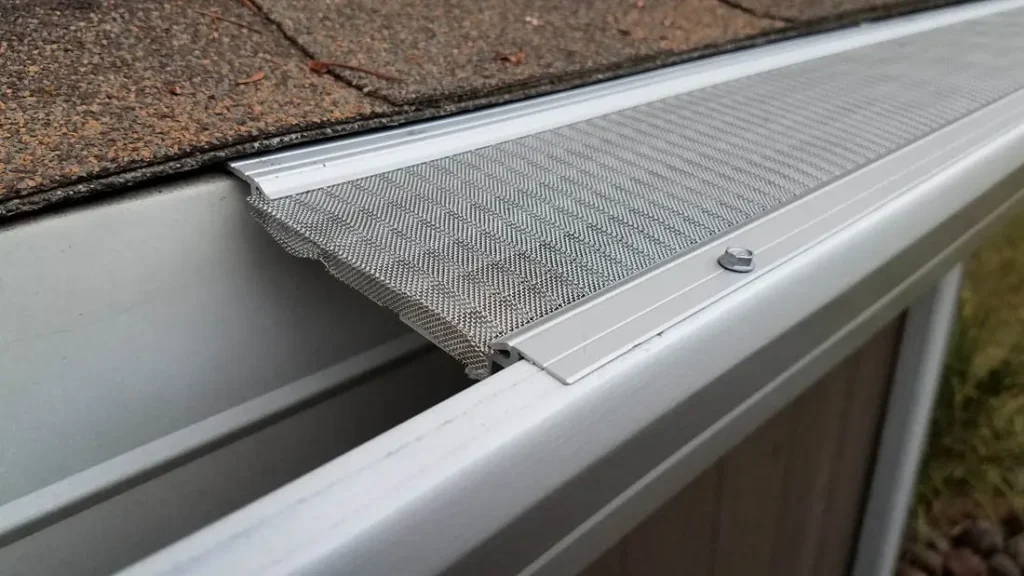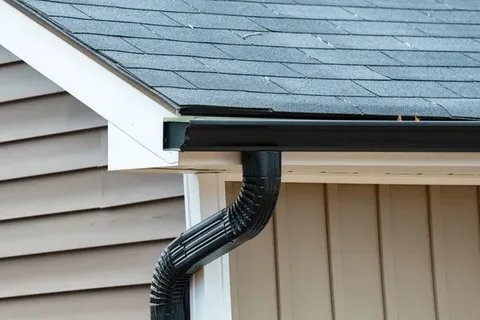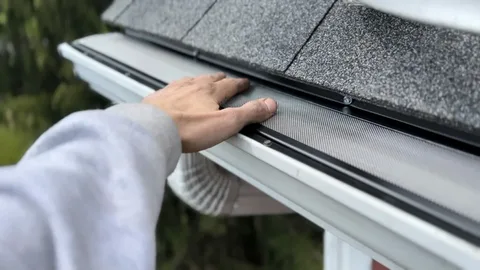Roofs are often overlooked until a problem arises. Whether it’s a leak, a missing shingle, or signs of deterioration, neglecting the health of your roof can lead to costly repairs and potential safety hazards. This is where regular roof inspections come into play. While some homeowners might see them as an unnecessary expense, the truth is that investing in routine roof inspections can save you money, time, and headaches in the long run.
Understanding the Importance of Roof Inspections
A roof inspection involves a thorough assessment of the roof’s condition, identifying any existing issues, and potential problems, and estimating its remaining lifespan. It’s a preventative measure that aims to catch problems early on before they escalate into major issues.
1. Detecting Damage Early
One of the primary benefits of roof inspections is their ability to detect damage early. Weather elements such as wind, rain, snow, and sunlight can take a toll on your roof over time. From minor cracks to loose shingles, these damages may not be immediately visible from the ground. By having regular inspections, a professional can identify these issues before they worsen, saving you from more extensive repairs down the line.
2. Extending Roof Lifespan
A well-maintained roof lasts longer. By addressing minor issues promptly and conducting regular inspections, you can extend the lifespan of your roof significantly. This means you won’t have to replace your roof prematurely, which can be a substantial expense.
3. Preserving Property Value
The condition of your roof directly impacts the value of your property. A damaged or poorly maintained roof can decrease the value of your home or commercial building. On the other hand, a roof that is in good condition enhances curb appeal and assures potential buyers or tenants of the property’s integrity. Regular roof inspections help maintain and even increase the value of your property over time.
Costs Associated with Roof Inspections
While the benefits of roof inspections are clear, many homeowners are hesitant to invest in them due to perceived costs. However, when compared to the potential expenses of major roof repairs or replacements, the cost of inspections pales in comparison.
1. Inspection Fees
The cost of a roof inspection varies depending on factors such as the size of the roof, its accessibility, and the location of the property. On average, a professional roof inspection can cost anywhere from $200 to $600. While this might seem like a significant expense upfront, it’s a relatively small investment considering the potential savings in repair costs.
2. Repair Costs
The primary purpose of a roof inspection is to catch problems early and address them before they escalate. Minor repairs, such as fixing a few loose shingles or sealing small cracks, are typically inexpensive. However, if left unchecked, these minor issues can develop into major problems requiring extensive repairs or even a full roof replacement, which can cost thousands of dollars.
3. Energy Efficiency Savings
A well-maintained roof also contributes to energy efficiency. Leaks, gaps, and poor insulation can result in heat loss during the winter and heat gain during the summer, forcing your HVAC system to work harder to maintain a comfortable indoor temperature. By addressing these issues through regular inspections and maintenance, you can reduce your energy bills and save money in the long term.
Making an Informed Decision
When considering whether roof inspections are worth the investment, it’s essential to weigh the costs against the potential savings and benefits. While the upfront cost of inspections may seem daunting, they can ultimately save you a significant amount of money by preventing costly repairs and extending the lifespan of your roof.
1. Peace of Mind
Knowing that your roof is in good condition provides invaluable peace of mind. Instead of worrying about potential leaks or structural damage, you can rest easy knowing that your property is protected.
2. Insurance Benefits
Some insurance policies offer discounts or incentives for homeowners who regularly maintain their roofs. By investing in roof inspections and addressing any issues promptly, you may qualify for lower insurance premiums or better coverage.
3. Professional Expertise
While DIY inspections are possible, they often lack the expertise and thoroughness of a professional inspection. Certified roofing professionals have the training, experience, and equipment necessary to identify even the most minor issues and provide recommendations for repairs or maintenance.
Considering the Frequency of Inspections
Another factor to consider when evaluating the cost-effectiveness of roof inspections is the frequency at which they should be conducted. While annual inspections are generally recommended, certain circumstances may warrant more frequent inspections.
1. Age of the Roof
The age of your roof plays a significant role in determining how often inspections should be performed. Older roofs are more susceptible to wear and tear, so they may require more frequent inspections to ensure they remain in good condition. Conversely, newer roofs may not need inspections as frequently, but it’s still essential to monitor their condition periodically.
2. Weather Conditions
Extreme weather events, such as heavy rain, hailstorms, or strong winds, can cause damage to your roof. If your area experiences frequent severe weather, it may be advisable to schedule inspections more often to catch any damage early.
3. Previous Repairs or Maintenance
If your roof has undergone repairs or maintenance in the past, it’s essential to monitor its condition closely. Even minor issues that have been addressed previously can resurface over time, so regular inspections are crucial to ensure the integrity of the repairs.
DIY vs. Professional Inspections
While some homeowners may opt to conduct DIY roof inspections to save money, it’s essential to recognize the limitations of this approach. While DIY inspections can help identify obvious issues such as missing shingles or visible damage, they often lack the expertise and thoroughness of a professional inspection.
1. Safety Concerns
Roof inspections can be dangerous, especially for those without proper training or equipment. Climbing onto a roof without the necessary safety precautions can result in accidents or injuries. Professional roofers are trained to perform inspections safely, minimizing the risk of accidents.
2. Comprehensive Assessment
Certified roofing professionals have the knowledge and experience to conduct a comprehensive assessment of your roof, identifying both visible and hidden issues. They know where to look for signs of damage and can provide expert recommendations for repairs or maintenance.
3. Warranty Considerations
Some roofing warranties require regular inspections by a certified professional to remain valid. Attempting to perform DIY inspections could potentially void your warranty, leaving you responsible for any future repairs or replacements.
Conclusion: Investing in the Longevity of Your Roof
While roof inspections may seem like an added expense, they are a worthwhile investment in the longevity and integrity of your roof. By detecting issues early, extending the lifespan of your roof, and preserving the value of your property, regular inspections offer significant benefits that far outweigh their costs.
Whether you choose to hire a professional roofing contractor or conduct DIY inspections, the key is to prioritize the health of your roof and address any issues promptly. Remember, neglecting routine maintenance can lead to costly repairs and potential safety hazards down the line.
In the end, the decision to invest in roof inspections comes down to protecting your investment and ensuring the safety and security of your home or property. By making roof inspections a priority, you can enjoy peace of mind knowing that your roof is in good hands and that you’re taking proactive steps to safeguard your property for years to come.




